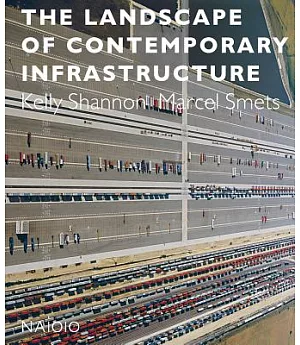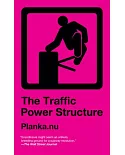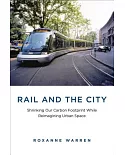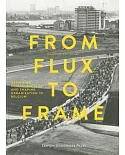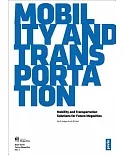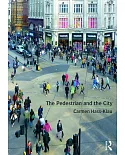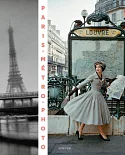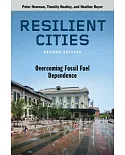Around the globe the importance of infrastructure as the motor of economic development rising owing to increasing mobility and the need to make urban territories accessible. As a result,
infrastructure networks are among the most complex and significant design tasks today.
This book investigates how the design of infrastructure actively influences the organization of the inhabited landscape. Works of infrastructure are analyzed as footprints of civilization, as
physical presence, as transformers of perception, and as new vessels of collective life. The authors identify these characteristics, together with the conditions that influence them, and
suggest a typology of design attitudes as revealed in recent practice around the world.
Each chapter is illustrated with key works by some of the world’s most inspiring designers, including Vito Acconci, Paul Andreu, Benthem Crouwel, Dietmar Feichtinger, Diller Scofidio + Renfro,
Terry Farrell, Norman Foster, Nicholas Grimshaw, Antoine Grumbach, Zaha Hadid, Arata Isozaki, Bruno Mader, Maxwan, Montgomery Sisam, OMA, Tonkin Zulaikha Greer, UN Studio, and Zwarts &
Jansma.
The authors demonstrate how the combined creative potential of architecture, landscape architecture, and urban design is essential to putting into place an efficient, modern infrastructure. The
result is an indispensable instrument for everyone involved in the design of infrastructure, and for all observers of the contemporary city.

